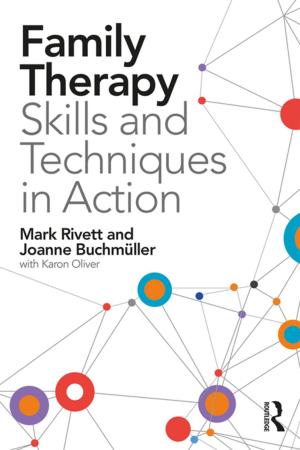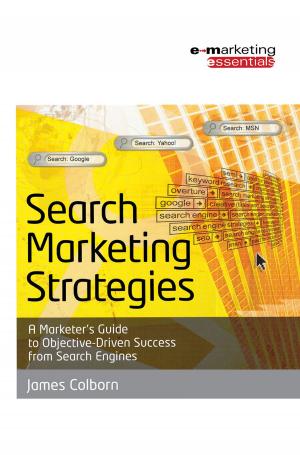Intervention Strategies for Changing Health Behavior
Applying the Disconnected Values Model
Nonfiction, Health & Well Being, Psychology, Applied Psychology| Author: | Mark H. Anshel | ISBN: | 9781317310594 |
| Publisher: | Taylor and Francis | Publication: | December 22, 2015 |
| Imprint: | Routledge | Language: | English |
| Author: | Mark H. Anshel |
| ISBN: | 9781317310594 |
| Publisher: | Taylor and Francis |
| Publication: | December 22, 2015 |
| Imprint: | Routledge |
| Language: | English |
Changing habits, particularly habits that are self-destructive and unhealthy, is among the most challenging goals of therapists and coaches who work with clients in promoting a healthier lifestyle. The purpose of this book is to "help the helper," that is, to assist the person whose professional mission it is to provide a service that enables clients or patients to acknowledge their unhealthy habits and to replace them with more desirable, healthier routines. It focuses on the power of helping clients identify: (1) the inconsistency between their core values – what they consider most important in life – with one or more unhealthy habits, (2) the costs and long-term consequences of this inconsistency, called a "disconnect" in the model, and (3) their willingness to conclude that the consequences of this inconsistency is unacceptable. At that stage, (4) clients should be prepared to work with a coach in developing and carrying out an action plan that aims to remove the disconnect between the client’s values and at least one of their unhealthy habits.
Changing habits, particularly habits that are self-destructive and unhealthy, is among the most challenging goals of therapists and coaches who work with clients in promoting a healthier lifestyle. The purpose of this book is to "help the helper," that is, to assist the person whose professional mission it is to provide a service that enables clients or patients to acknowledge their unhealthy habits and to replace them with more desirable, healthier routines. It focuses on the power of helping clients identify: (1) the inconsistency between their core values – what they consider most important in life – with one or more unhealthy habits, (2) the costs and long-term consequences of this inconsistency, called a "disconnect" in the model, and (3) their willingness to conclude that the consequences of this inconsistency is unacceptable. At that stage, (4) clients should be prepared to work with a coach in developing and carrying out an action plan that aims to remove the disconnect between the client’s values and at least one of their unhealthy habits.















